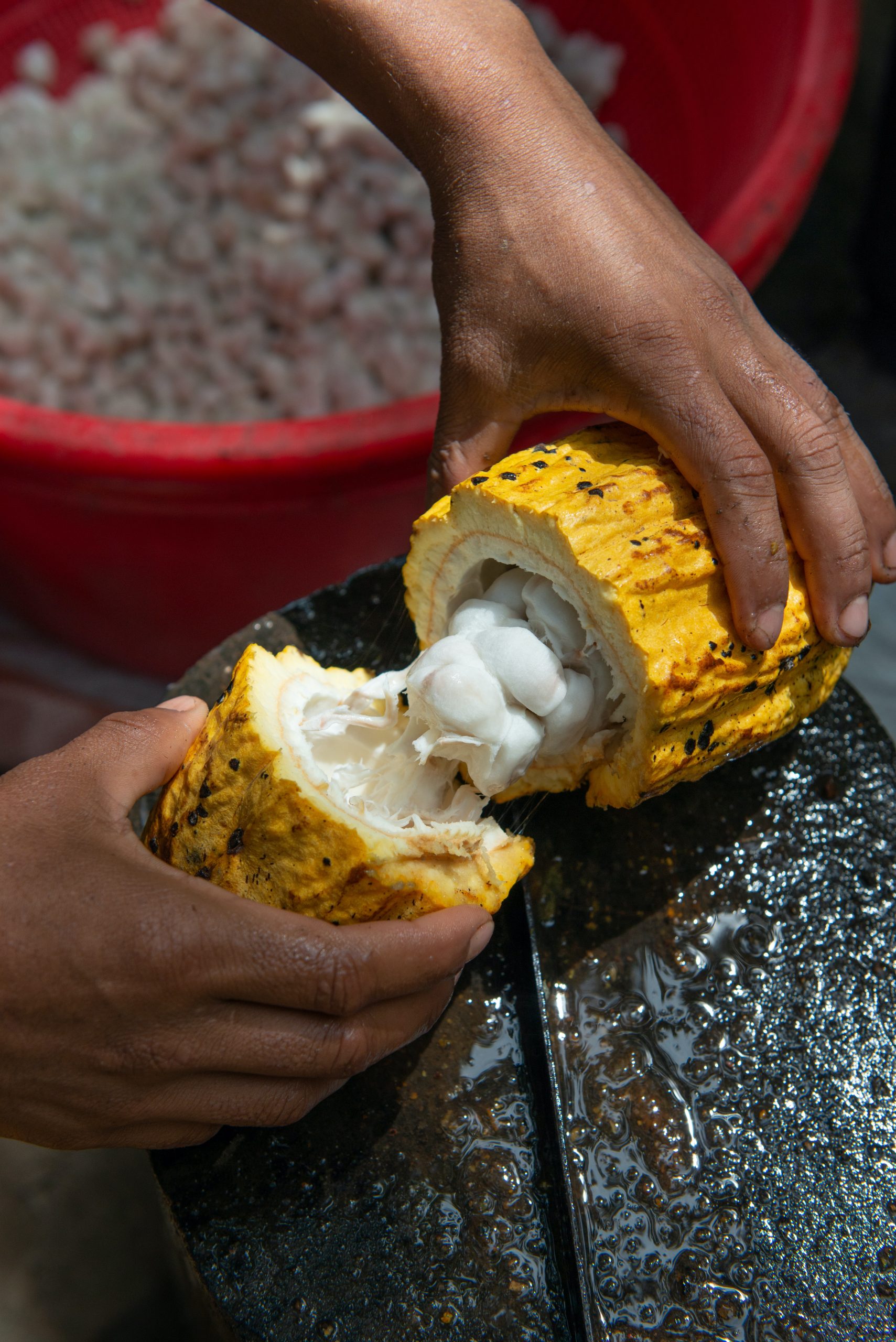
How Brazilian cocoa can fill gaps in Canada’s food supply
By Paulo de Castro Reis
Exporting & Importing Confectionery Specialty Foods Brazil Chamber of Commerce Brazil-Canada cocoa international trade
Several factors inform the collective Canadian palate, and one of them is undoubtedly the pandemic. It has shaped the way we not only purchase, but also enjoy food, with many Canadians turning to food for comfort, inspiration and indulgence. In addition to altered consumer habits, international food supply (on which Canada heavily relies) has been threatened due to many factors that are not limited to the global health crisis.
In the author’s experience, Brazil produces high-quality cocoa, an ingredient that can meet the demands of Canadian consumers, and address supply shortages across the country.
Over the last year-and-a-half, Canadians from coast to coast turned to food, looking to not only fill spare time but also soothe stresses, whether that meant baking sourdough or enjoying take-out at home. This trend is showing no signs of slowing – it’s observed that diners continue craving comfort in food, and it’s no surprise due to the unpredictability surrounding us all during these turbulent times. While shoppers have proven their continued dedication to value-based chains for essentials, they are increasingly relying on premium suppliers for indulgences, with one consumer in a Deloitte report reflecting that “food is central to treating myself.” Further, if inflation prices for sugar and confectionary in Canada continue to rise, it’s estimated that people will turn to premium chocolates as prices for lower quality products become increasingly unjustifiable.
Canada relies heavily on countries whose cocoa supply is at risk due to dry weather conditions, which poses an ethical issue that may make Canadians weary at point of purchase, since the anticipated increase in demand puts protected areas at risk of deforestation in the name of growing cocoa. Besides, many cocoa-producing nations also continue to use child labour to harvest cocoa.
North American consumers, including Canadians, are becoming more socially conscious with the brands they choose to support, looking for those that reflect their values. This is true not only for social issues, but also environmental ones, with 49 per cent of Ontario shoppers claiming to be more likely to buy products in eco-friendly packaging, and 52 per cent of Quebec shoppers more likely to buy from companies that protect the environment. Brazil meets this consumer demand by producing some of the world’s highest quality cacao beans and chocolate, but also by protecting its natural environment.
Much of the cocoa produced in Brazil is done so using the Cabruca system, which entails shade planting under the canopy of forest trees. This system provides ideal conditions for cacao and promotes biodiversity, protecting the Atlantic rainforest. Cacao cohabitates in the shade, thriving on 30 per cent sunlight and 70 per cent shade, with other native species. This has led to 400,000 hectares of cattle pastures in the state of Pará to make way for cacao plantation and native forests, and 565,000 hectares of cacao in Bahia with about 70 per cent being produced in accordance with the Cabruca system.
The Cabruca system’s benefits are far reaching. The long-term health of these complex and diverse ecosystems result in a healthier and more resilient environment for growing the crop. Canadian foodservice buyers, suppliers, chefs, restaurateurs and, ultimately, consumers are offered a consistent ingredient that meets their demands for not only socially- and environmentally-responsible goods, but also high-quality, gourmet products. In fact, a Brazilian product from the brand ChOr made with 55 per cent cocoa from the aforementioned Brazilian state of Bahia has been awarded the AVPA 2021 Gourmet Bronze award.
To help Canadian companies learn more about cacao production in Brazil, and assist them in sourcing the ingredient, Chamber of Commerce Brazil-Canada (CCBC) is hosting a free seminar in partnership with ABICAB (Brazilian Cocoa, Chocolates, Peanut and Candies Manufacturers Association) as part of their annual Brazilian Week on September 7, 2021. More details are available at ccbc.org.br/brazilianweek.
Paulo de Castro Reis is chief officer for institutional relations and business affairs at the Chamber of Commerce Brazil-Canada.
Print this page